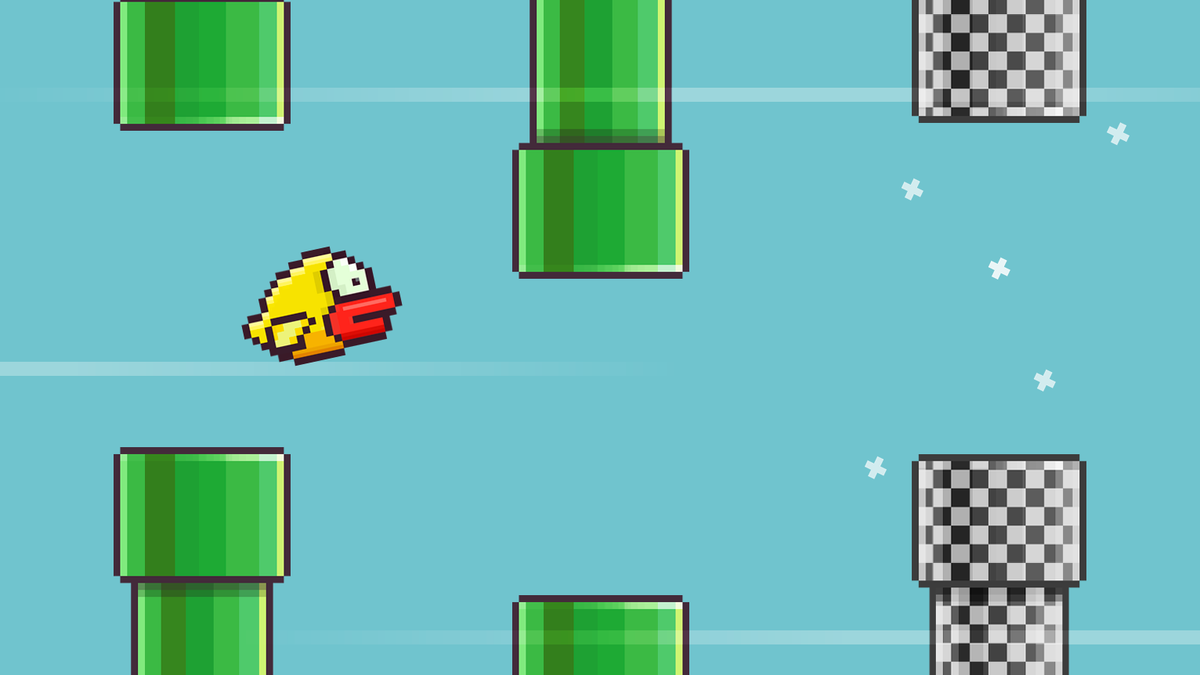Mega mobile hit Flappy Bird made a surprise return last week but something seemed off. Despite first-person language using “I” in the announcement, there was no mention of the twitchy arcade-style game’s original creator. Now after investigations into the company behind Flappy Bird’s comeback have unearthed references to NFTs and crypto, the developer behind the viral 2013 game has broken his silence.
“Flappy Bird is back!” tweeted developer Michael Roberts on September 12, touting a new version of the mobile hit that will include additional characters, modes, and multiplayer challenges. The game will be relaunching exclusively on Telegram at first, the app whose CEO was arrested in France last month over allegations of failing to moderate child abuse materials on the platform.
A press release from the Flappy Bird Foundation, seemingly the new owner of the game, referred to Roberts, a big booster of crypto and Web 3.0, as the “chief creative behind Flappy Bird’s return” and went on to quote him as saying, “It’s been a decade-long, convoluted journey to get here, but we’re so excited to finally begin sharing Flappy Bird once again with the world.”
It’s been a convoluted journey indeed, as the game appears to have returned under new ownership due to a lapse in the trademark rights held by original creator Dong Nguyen. Filings surfaced on social media appeared to indicate that an entity called Gametech had alleged that the Flappy Bird trademark had been abandoned, and when Nguyen seemingly didn’t respond in time, it obtained new ownership of the IP. It apparently then sold it to the group behind the Flappy Bird foundation.
The new Flappy Bird will reportedly feature Web 3.0 elements and be part of the Notcoin blockchain, though use of a crypto wallet won’t be required to play. An analysis of the game’s new website and its various pages by cybersecurity researcher Varun Biniwale revealed vestigial references to cryptocurrency features and the quote, “Artists, developers and creators can build, play and earn from the legendary Flappy Bird IP.” It’s unclear if that’s still the pitch or if the new owners are pivoting to a different model.
“No, I have no related with their game,” Nguyen tweeted on September 15. “I did not sell anything. I also don’t support crypto.” After the game blew up, the Vietnamese artist and designer eventually decided to remove the game from Apple’s App Store over a purported sense of guilt with how obsessed some players had become with its challenging obstacle courses. It’s unclear what will happen to the new version, which is also slated to come to iOS and Android at some point.
The Flappy Bird Foundation did not immediately respond to a request for comment.

